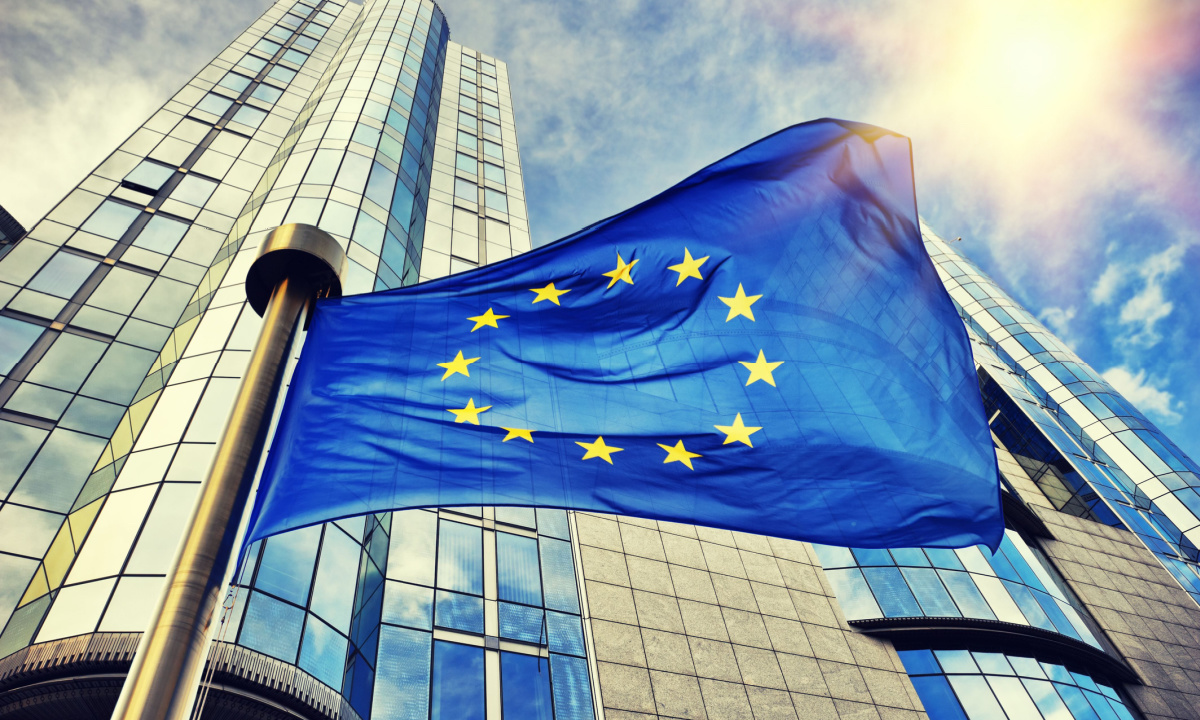
Luxembourg’s brewing industry faces a significant regulatory hurdle as Brasserie Nationale, the country’s largest brewery, seeks to acquire wholesale drinks distributor Boissons Heintz. The European Commission, acting upon a request from Luxembourg’s competition agency, has mandated that the deal undergo EU approval, citing concerns over potential competition issues.
The European Union’s antitrust regulators invoked Article 22 of EU merger rules to intervene in the acquisition. Despite the deal falling below revenue thresholds, the Commission asserts that it could impact trade between EU member states and significantly influence competition within Luxembourg. Notably, Luxembourg heavily relies on imports of alcoholic beverages, underscoring the importance of maintaining competition in this sector.
According to reports from Reuters, this marks the fourth instance in which the European Commission has utilized Article 22 to scrutinize merger deals. This provision empowers the Commission to assess acquisitions that might not meet conventional criteria but could still have substantial implications for competition or innovation.
The Commission’s move reflects concerns over “killer acquisitions,” a phenomenon where larger companies acquire smaller, innovative firms with the intention of shutting them down, thereby eliminating potential competition. Recent examples include U.S. chipmaker Qualcomm being instructed to seek EU approval for its takeover of Israeli auto-chip maker Autotalks, as well as Deutsche Boerse’s acquisition of Nasdaq’s European power trading and clearing business, both subject to Article 22 scrutiny.
In the case of Brasserie Nationale’s proposed acquisition of Boissons Heintz, the consolidation of the two main wholesale drinks distributors in Luxembourg raises alarms over potential market dominance and its effects on competition. The outcome of the EU’s assessment will likely have significant ramifications not only for the brewing and distribution sectors in Luxembourg but also for the broader EU market dynamics.
The scrutiny underscores the EU’s commitment to safeguarding fair competition and preventing anti-competitive practices within the Single Market. As the regulatory process unfolds, stakeholders await further developments that will shape the landscape of Luxembourg’s beverage industry and set precedents for future merger evaluations under Article 22.
Source: Reuters
Featured News
Big Tech Braces for Potential Changes Under a Second Trump Presidency
Nov 6, 2024 by
CPI
Trump’s Potential Shift in US Antitrust Policy Raises Questions for Big Tech and Mergers
Nov 6, 2024 by
CPI
EU Set to Fine Apple in First Major Enforcement of Digital Markets Act
Nov 5, 2024 by
CPI
Six Indicted in Federal Bid-Rigging Schemes Involving Government IT Contracts
Nov 5, 2024 by
CPI
Ireland Secures First €3 Billion Apple Tax Payment, Boosting Exchequer Funds
Nov 5, 2024 by
CPI
Antitrust Mix by CPI
Antitrust Chronicle® – Remedies Revisited
Oct 30, 2024 by
CPI
Fixing the Fix: Updating Policy on Merger Remedies
Oct 30, 2024 by
CPI
Methodology Matters: The 2017 FTC Remedies Study
Oct 30, 2024 by
CPI
U.S. v. AT&T: Five Lessons for Vertical Merger Enforcement
Oct 30, 2024 by
CPI
The Search for Antitrust Remedies in Tech Leads Beyond Antitrust
Oct 30, 2024 by
CPI